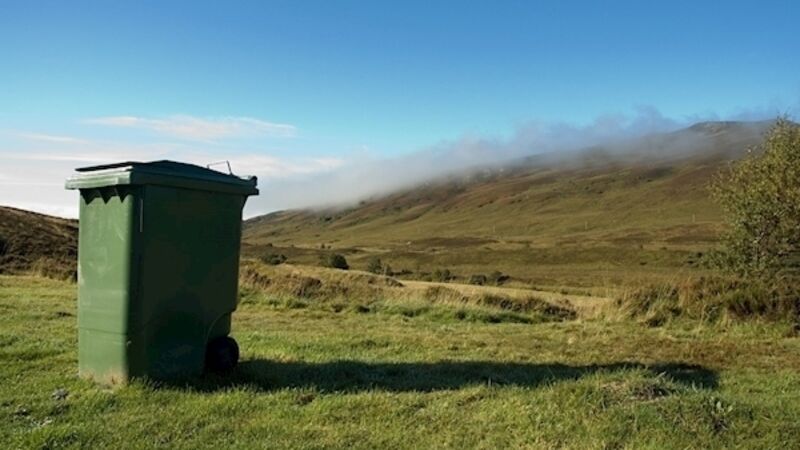Patriotism extends to keeping our ditches clear of litter

A cursory drive between Buttevant and Mallow showcased a side of Ireland we must tackle, writes
Patriotism, it’s a funny concept. Until very recently, I have always thought of it as a singular construct, a universally understood interpretation of one’s love for their nation.
















